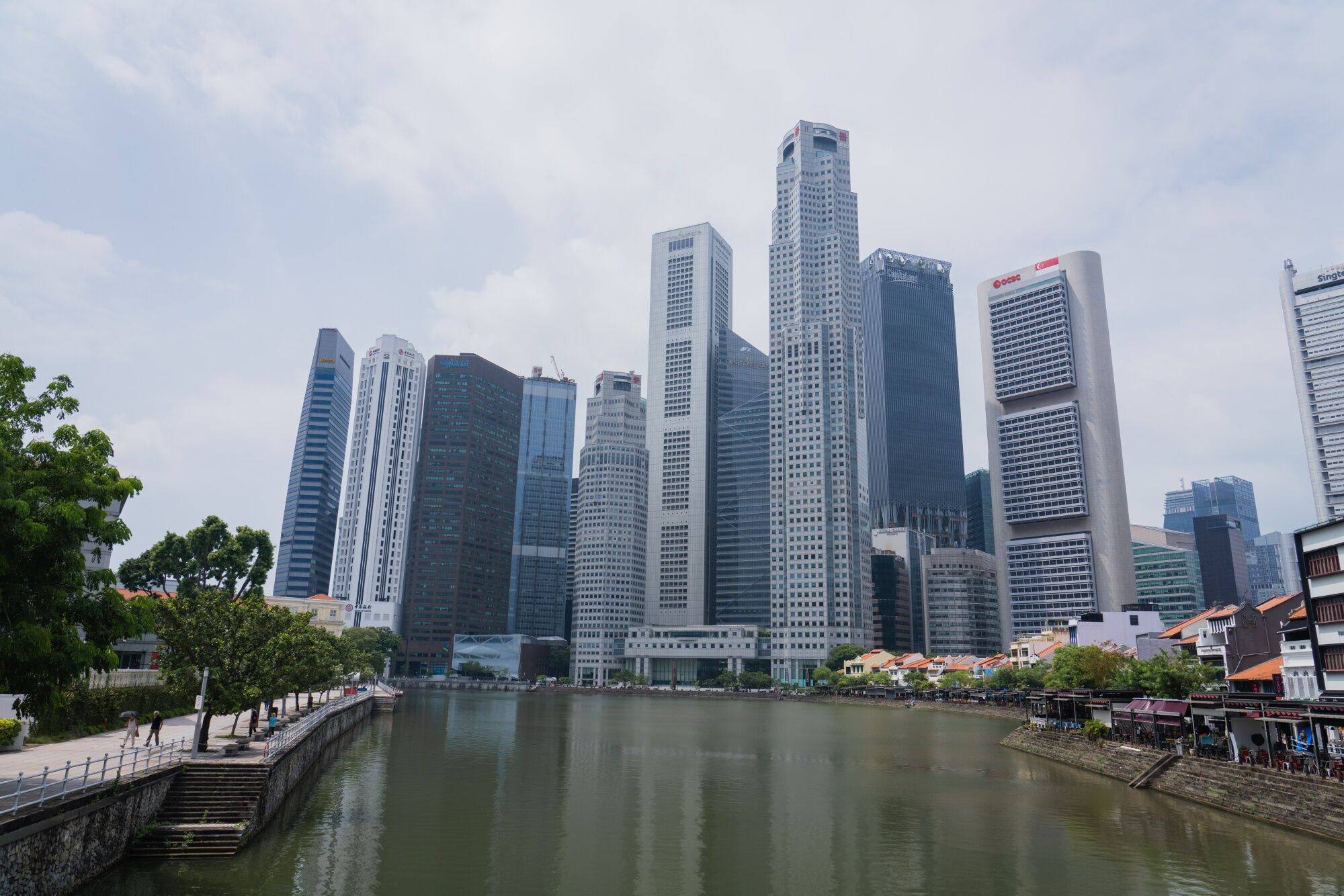
Hong Kong has Asia-Pacific’s highest prices for co-working space, while demand for flex desks surges in Singapore: study
- With a monthly average of US$609 per desk, Hong Kong tops the 13 Asia-Pacific cities tracked in a study by The Instant Group
- Demand in Hong Kong is forecast to increase 20 per cent in 2023 compared to 2022, resulting in a 3 per cent increase in rates, company says
Hong Kong has the most expensive rates for flexible or co-working space in the Asia-Pacific region, and prices are likely to rise further this year as demand is set to increase by a fifth, according to a report by flexible office space provider The Instant Group.
With a monthly average of US$609 per desk, Hong Kong tops the 13 Asia-Pacific cities tracked in the study. Rates in the other cities in the region ranged from US$339 to US$545. After Hong Kong, Shanghai has the second most expensive price at US$545 per month, followed by Tokyo’s US$515.
Demand in Hong Kong is forecast to increase 20 per cent in 2023 compared to 2022, resulting in a 3 per cent increase in rates, said the company, which based its report on its own data and available data from the rest of the industry.
“Overall across Asia-Pacific, occupier confidence is returning to the flex market, with markers such as demand and the number of transactions all continuing to grow,” said Sean Lynch, managing director at The Instant Group Asia Pacific. “Companies are taking on flex as an agile workspace solution. However many are still reluctant to commit for long periods of time due to ongoing economic uncertainties.”

In co-working spaces, tenants typically share facilities such as pantries, washrooms and meeting rooms with other tenants. Organisations and individuals can subscribe for memberships or lease space, typically with more flexibility than traditional leases, such as shorter duration of tenancy.
Singapore, where the average monthly rate is US$488, will see the region’s biggest increase in demand this year, at 41 per cent, the report said.
“Interest in flexible workspaces in Singapore has grown as a direct result of Covid-19,” a spokeswoman for the group said. “More and more companies are now adopting hybrid workplace solutions to reduce their footprint and associated costs, as well as attract and retain staff.”
Hong Kong office rents slammed by slowing economy, high interest rates
Across the region, demand grew by 16 per cent in the first half of the year compared to the second half of 2022. By the end of year, demand is forecast to be just 2 per cent below pre-pandemic levels, the study said.
“Asia-Pacific experienced longer lockdowns [than other regions], so although recovery is slower, this upwards trajectory is a positive sign for the future of the flex industry,” the report said. “It is becoming evident that flex space will be the go-to choice for occupiers seeking agility as part of their workplace strategy. Operators will need to react to the growing and evolving market by creating new types of space for today’s occupier.”
Clients are leasing flex space in significantly bigger chunks than they did in the pre-pandemic period. The average transaction across the region in the first half of the year covered 9.6 desks, 113 per cent higher than the 4.5 average in the first half of 2019, the report said. The figure has now remained stable for two consecutive six-month periods.
Singapore stands out with climbing office rents, occupancy rates
Transactions for 25 or more desks now account for 42 per cent of the total, up from 24 per cent in 2019. Meanwhile, transactions for one to two desks have declined to 5 per cent of the total in 2023 from 15 per cent in 2019, the report said.
Likewise, contract lengths for flex space have increased by 5 per cent, from 10.2 months in the second half of 2022 to 10.7 months in the first half of 2023, but are still down by 7 per cent from the first half of 2019, according to The Instant Group.

